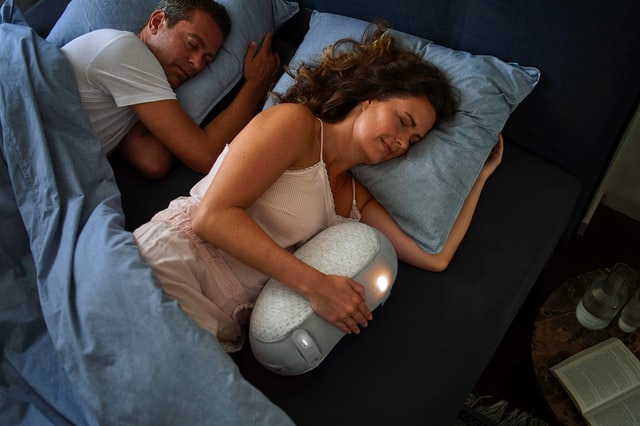Have you been experiencing insomnia? Then our heart goes out to you – we know how difficult it is to survive without getting an appropriate amount of sleep. But what if we could tell you that there is a little something that can help you fight insomnia? You heard that right. Recent studies have discovered that magnesium, previously just a hair skin & nails vitamins, can help fight insomnia by relaxing our body and reducing stress!
Wish to know more? Then read on as we discuss how magnesium helps us sleep and other important factors about the nutrient. Let’s get started!
How Magnesium Helps Us to Sleep
Magnesium helps us get a restful deep sleep. Studies have shown that elderlies given 500mg of magnesium slept much better than usual. They even showed higher levels of melatonin and renin, which can regulate sleep.
The mineral also has a significant influence on the nervous system. It helps to block excitable molecules when they bind themselves to neurons. It ensures that nerves are relaxed, indicating a calmer nervous system.
It has also been found that magnesium’s calming of our nervous system can relieve us from depression and anxiety. These disorders have been known to mess with our sleep, leading to insomnia.
Here, when magnesium helps to decrease the levels of depression and anxiety, our stress levels go down too, leading to a calmer system. This helps us fight insomnia, leading to better, more restful sleep.
Now let’s see how you can include magnesium in your diet.
How To Take Magnesium
Now, before you start taking magnesium for your sleep, you need to ensure you are getting a suitable amount of other nutrients too. Include protein-rich food, dairy, whole grains, whole fruits, and vegetables in your diet to improve general health.
We also suggest talking to your healthcare provider. Check if there are any other sleep disorders or other problems messing with your sleep. After ruling out these possibilities, talk to them about magnesium supplements. Make sure to get a prescribed daily dose and ensure that the new supplement does not clash with any other medication you are taking.
Most individuals take their magnesium supplements at night just before going to bed. However, if you have any other antibiotics or medicines on the side, talk to your doctor and get to know the optimum time for you to take your magnesium supplements.
Now, people often ask whether melatonin or magnesium both help in inducing sleep or if one is better than the other. Let’s have a look.
Is Magnesium Better Than Melatonin?
Magnesium and melatonin both help induce sleep but have different functions in our bodies. Melatonin helps to regulate our sleep patterns, while magnesium regulates our bodies’ various processes. Thus, which supplement you wish to take for your sleep will depend on your ultimate goal.
Magnesium will help your body to relax. It will help you to sleep longer by reducing stress. On the other hand, melatonin will help you to sleep faster. Both can treat insomnia, and many insomnia patients are often prescribed both. Talk to your doctor to figure out whether you need both the supplements or just one that will do the job.
Not just insomnia, magnesium has other health benefits too. Let’s take a look at some of them.
Other Benefits of Magnesium
- Hypertension and Cardiovascular Disease
Magnesium can reduce the risk of both heart disease and stroke. However, more studies are being conducted in this regard for solid results.
- Osteoporosis
Magnesium helps in the bone-building process of our body. It has been found that those who take magnesium supplements have reduced risks of bone loss that occurs due to osteoporosis.
- Migraine
People with magnesium deficiency or lower levels of the nutrient experience migraines or headaches. And when these individuals were given magnesium supplements, they responded to it very well. Almost everyone reported that their duration and frequency of migraine had reduced drastically.
Risks of Magnesium
If you take magnesium doses in appropriate doses, you don’t have anything to worry about. Your kidney will excrete any extra magnesium. However, if you are taking high doses of magnesium medication or if they clash with your other medications you might experience –
- Nausea
- Cramping
- Diarrhea
If you experience these symptoms, immediately stop taking your supplement and consult a doctor to change the supplement dose or brand.
Conclusion
Thus, we can conclude that magnesium, previously a hair, skin & nails vitamins, can now help us fight insomnia. Regular, prescribed doses of the nutrient can help our body relax and sleep better. So what are you waiting for? Consult your doctor today and get a hold of magnesium vitamins!
Author Bio
Jimmy James is a digital team lead and content strategist at GNA Naturals , based in Canada. He is a digital nomad, traveling the world while he builds beautiful WordPress websites for small and mid-sized businesses around the world. He enjoys helping brands gain and reach audience and growing their revenue.


